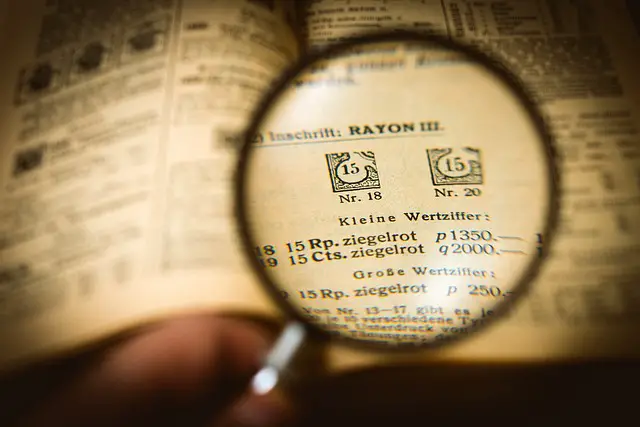Metal detecting is a favorite pastime for many people worldwide, but did you know that it’s not just limited to land? Water metal detecting is an intriguing, challenging, and rewarding activity that promises unique finds, thrilling adventures, and a chance to uncover secrets hidden beneath the surface of different bodies of water.
So, What Exactly is Water Metal Detecting?
Water metal detecting, as the name suggests, involves using a specific kind of metal detector designed for use underwater. This includes lakes, rivers, ponds, and the ocean. This activity is popular among treasure hunters, divers, and history enthusiasts, looking to find something unique and valuable submerged in the water.
What Makes Water Metal Detecting Different and Exciting?
Mystery and Adventure
There’s a sense of thrill and mystery associated with water metal detecting – you never know what you might discover. Sunken ships can hold centuries-old relics, while lost jewelry or coins can give you a glimpse into the past. It’s like being a real-life Indiana Jones, only underwater.
Diverse Finds
Unlike land detecting, where findings are typically limited to coins, jewelry, or occasional artifacts, water metal detecting presents opportunities to find a wider variety of objects. This can range from shipwreck debris, ancient weapons, old anchors, or even fossils.
How to Get Started With Water Metal Detecting?
Venturing into water metal detecting may seem daunting at first, but it isn’t as complicated as it may seem. Here are few steps to guide you:
Get the Right Equipment
The essential tool you need is an underwater metal detector. Ensure it’s submersible and designed for water use. Also, it should be durable, reliable, and waterproof. A sand scoop, for digging finds from the underwater sand, a floating screen for sieving out debris, and a waterproof container to keep your treasures safe, are also important.
Learn Basic Scuba Diving Skills
If you’re venturing into deep water bodies, basic scuba diving skills are a must. You need to be comfortable with diving and swimming underwater. Taking a certified course could be extremely useful.
Understand the Laws and Regulations
Before you jump into water metal detecting, ensure you understand the laws and regulations in your area. In many places, you may need a permit, or some areas may be off-limits altogether.
What Tips Can Help in Successful Water Metal Detecting?
Pick Your Location Wisely
Not all water bodies will yield great finds. Do your research – history, past activities, and accessibility are some things to consider while selecting a location.
Timing is Key
The best time for water metal detecting is when the beach or river bed is the least crowded. Early mornings or off-seasons are best for such activities.
Patience and Persistence
Water metal detecting requires patience. You might not find something during your initial hunts, but something valuable might be waiting to be discovered in your next dive.
Conclusion
Water metal detecting is a unique hobby that combines the thrill of treasure hunting with the joy of underwater exploration. With the right equipment, skills, and a bit of patience, you could unearth a piece of history or discover a lost treasure beneath the water’s surface. Happy Hunting!




